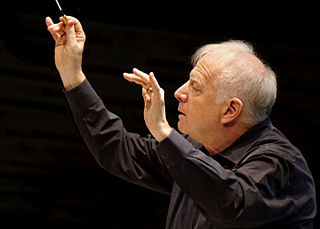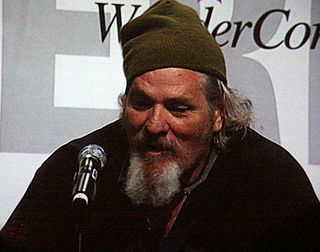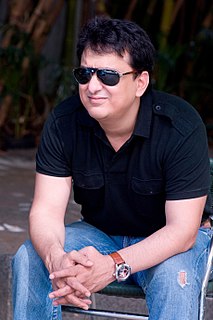A Quote by Miguel de Cervantes
He is mad past recovery, but yet he has lucid intervals.
Related Quotes
I am not strictly speaking mad, for my mind is absolutely normal in the intervals, and even more so than before. But during the attacks it is terrible - and then I lose consciousness of everything. But that spurs me on to work and to seriousness, as a miner who is always in danger makes haste in what he does.
This truth may be unfashionable, unpalatable, no doubt unpopular, but, if it is the truth, the story of mankind shows that war was universal and unceasing for millions of years before armaments were invented or armies organized. Indeed, the lucid intervals of peace and order only occurred in human history after armaments in the hands of strong governments have come into being, and civilization in every age has been nursed only in cradles guarded by superior weapons and superior discipline.







































